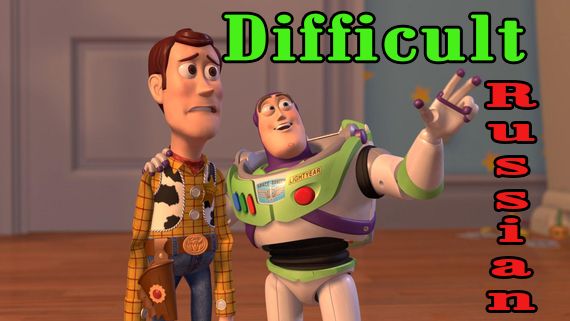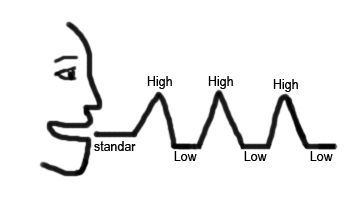Is it easy to learn Russian for English speakers?

You can master Russian pronunciation quickly.
Of course, no one says you will speak like a native from the very first lesson, but it is absolutely possible to reach the Russian language level where everybody will understand you perfectly. Almost all Russian sounds have counterparts in English (perhaps, with the only exception of the “ugly” Ы-sound, which is much less ugly if you try to pronounce it in a word and not by its own).

You don’t have to worry about am is are in Russian.

“Я БОБ”
Good news, isn’t it? Minus three words to learn
The or a? Neither!
Let’s continue finding things that don’t exist in Russian. There is no such thing as Russian articles. Yes, those little “the”, “a” and “an” words we’re so used to in English don’t have counterparts in Russian. The meanings of precision or generality are conveyed by other words like “this” or “any.” So, if Bob from the previous example wanted to say “I am a doctor,” he would again get away with just two words:
“Я ДОКТОР”
Minus three more
Russian verbs have a very simple Past Tense.
In Russian, all you have to do to form the Past Tense is add a one-letter suffix, and this works for virtually every Russian verb. Compare this with the English language with all the irregular verbs not willing to take a regular ‘-ed’ ending.
Asking a question in Russian couldn’t be easier.

“БОБ ДОКТОР?” (“Is Bob a doctor?”)
The person we asked will probably say
“БОБ ДОКТОР” (“Bob is a doctor”)
The only difference between the question and the answer is the question mark (and, of course, raising your voice when you say it out loud).
As icing on the cake, there are a lot of international words in Russian. Many of them are frequently used. Look at these, for example:
КОФЕ (coffee)
БАНК (bank)
МЕТРО (metro)
ТАКСИ (taxi)
АДРЕС (address)
ФУТБОЛ (football)
ХОББИ (hobby)
not to mention already familiar to you ДОКТОР (doctor)
If you ever ask yourself “How do I learn Russian?”, there are a lot of friends for you in the language. Trust them, and the learning process will be nothing but fun.



